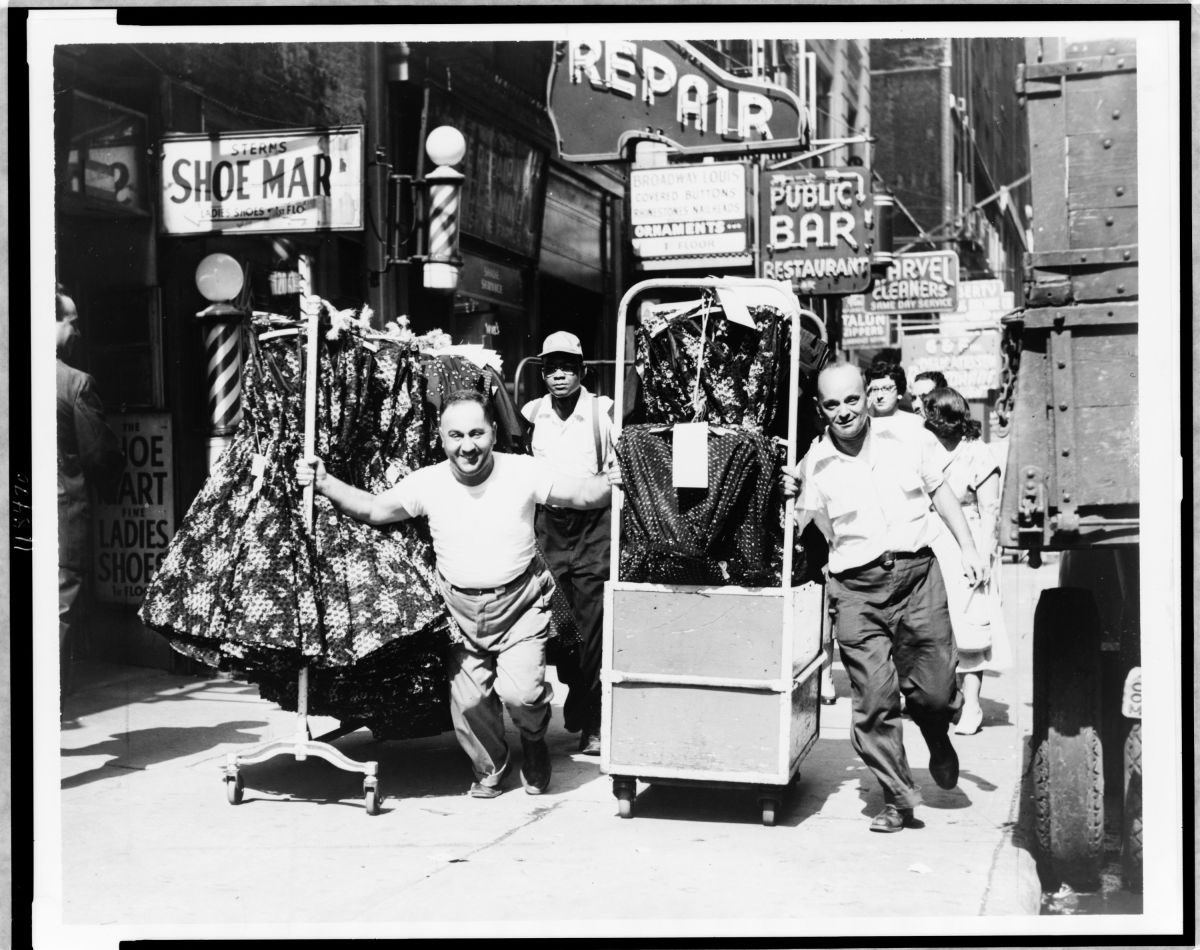Charlie Chaplin, bolts and conveyor belt

The other day, I sat down and watched the workman dismantle my iron door and carefully replace it with a wooden door. As I watched the fittings, the varnishing, hinges and the placement of the door handle, enjoyable time slowly ticked by.
Just from watching them, I could tell they were not just workmen, but more like craftsmen, also being immersed in what they were doing and possibly enjoying it. There was no fidgeting.
Watching them took me away from my ordinary job, which is sitting on the computer, and gave me a new refreshing sense of living.
All this harked back my horizons to when I was taking Sociology classes in college when we learned about industrial alienation, and how modern industrial practices has robbed workers of their sense of commitment and fulfillment to their jobs and made them cogs in a machine where their lives became their work.
One of the best depiction of that was Charlie Chaplin's Modern Times, him daily stuck to the conveyor belt tightening nuts and bolts all day to the extent his hands and arms keep rotating the work action in a twitching rhythm long after he leaves the conveyor belt.
He becomes a slave to production where his one contribution in the productive cycle is to tighten the screws as part of a long-winded industrial process dictated by the moving conveyor belt.
Modern Times has become a brilliant critique of industrialism where workers are stripped of the work processes and assigned a routine, monotonous action totally void of their capability.
Sociologists give such an example to day to explain the alienation and frustration of industrial workers and seek to give explanations to the reasons for industrial disputes, strikes, go-slows, friction on the shop floor and so on.
They suggest part of the reason why workers go on strike is not totally because of demanding more money though this is a strong factor, but it has to do with their alienation and frustration of the work place, the idea of being tied down to the conveyor belt, and their removal from the overall product.
I know today there are robots for these things but they only exist in highly industrialized factories like car manufacturing and so on.
As opposed to industrial workers Sociologists suggest that some of the more satisfied sections of the working classes is those who work in the printing industry and fishermen who have been studied at length, and no doubt today there are other occupations because of the changing world of work.
Because they are working "creatively" with their minds and hands, there is less of the repetitive process and more job satisfaction in the kind of things they do.
And I dare say writers, engineers, teachers, journalists are more satisfied with what they do because of the greater elements of variety involved.
And on that, there is as well a completely different note. A friend of mine told me of a story one night going home and finding his wife cleaning the front of his porch. He rolled up his sleeves and began cleaning and wiping.
"It was a tremendously reinvigorating activity, completely different from what I have been doing all day and so interesting," he said. I don't know whether he would like to switch to such activity full time.








